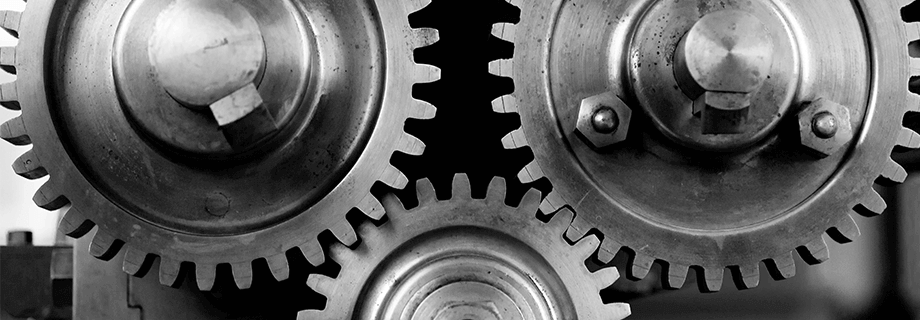Spare Parts

Nowadays it’s a real balancing act to keep the costs associated with a feed business down. Being competitive with input costs that change daily can drive you crazy. Grain, energy, and fuel costs require almost daily adjustments to meet the bottom line. Looking for places to cut costs becomes a necessity, and a pile of spare parts sitting on the shelf looks like a good place to start. This is dead wrong, and I’ll tell you why.
Downtime is a killer in any production-based business.
Yes, we do keep a big inventory of spare parts. 95% of the time, we can get what you need shipped overnight. Shipping itself has followed the price of fuel and has become very expensive. Overnight shipping is super expensive, often times costing more than the price of the actual parts. Having the spare parts on site can mean a shutdown of a few hours compared with a few days.
As a rule, our international customers are very good about keeping spare parts inventoried. If they need parts shipped, they can be looking at weeks to get parts, with all of the customs, and other regulations associated with international commerce.
Domestic customers can let the possibility of overnight shipping give them a false sense of security. If you need a heavy part like a main bearing, overnight fees can triple the cost.
So now, what parts should you keep in stock? Most customers purchase spare parts with the initial extruder order. These are internal and external parts for the extruder barrel. It also inludes seals, gaskets, and front plate bolts. The spare parts packages are custom made for the products the customer is producing and are usually enough to last a year. Based on the amount of spare parts you use that first year, you can replenish your inventory as needed.
Additionally, in the case of customers with multiple extruders, it could be a good idea to have a spare shaft and bearing housing ready to go, especially if oil presses are being used. A shaft and bearing housing is definitely going to ship motor freight, and could be as much as five days getting there.
And, of course, the best way to keep parts costs down is always by using clean, high-quality ingredients and having regularly scheduling maintenance.



